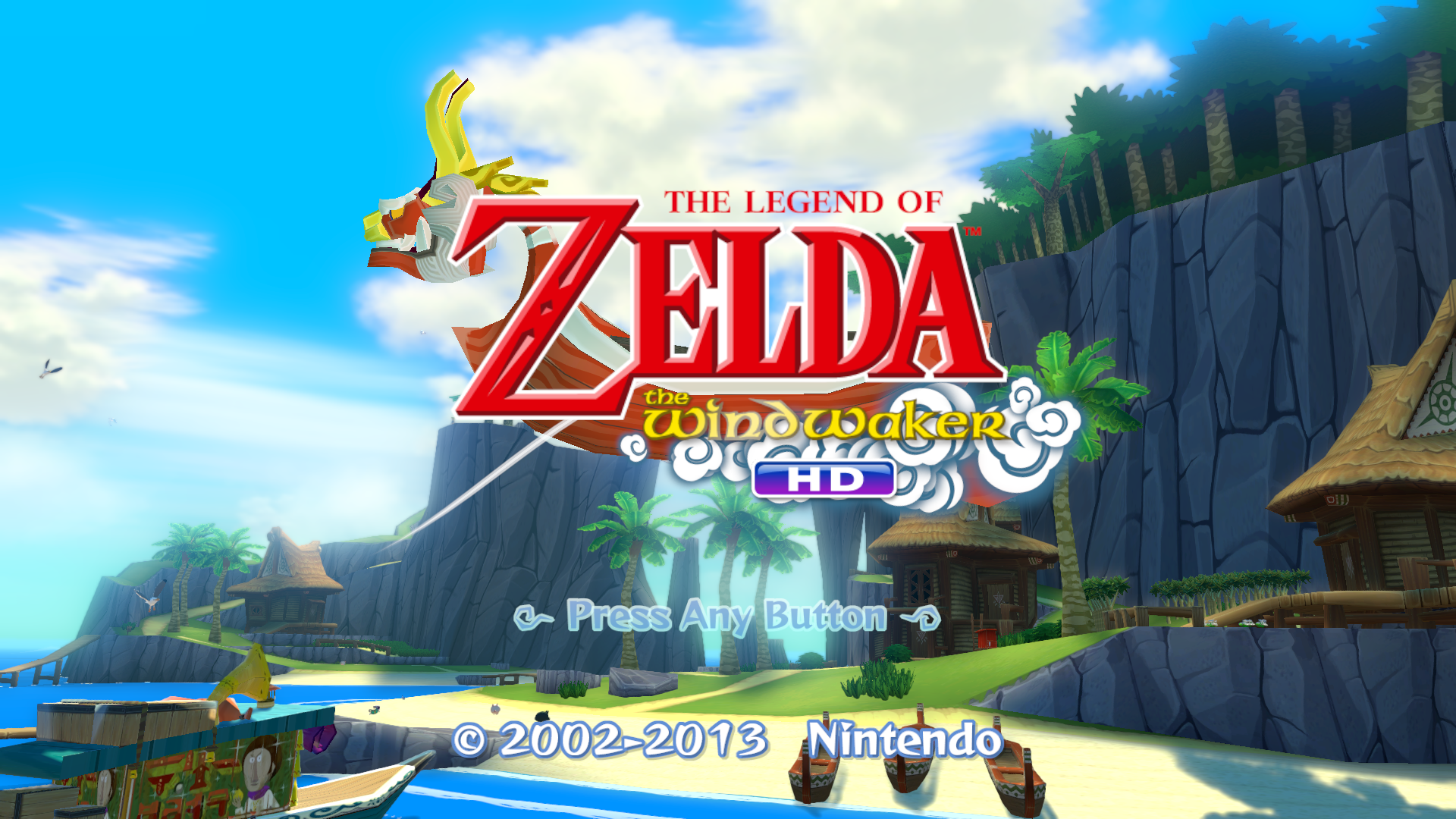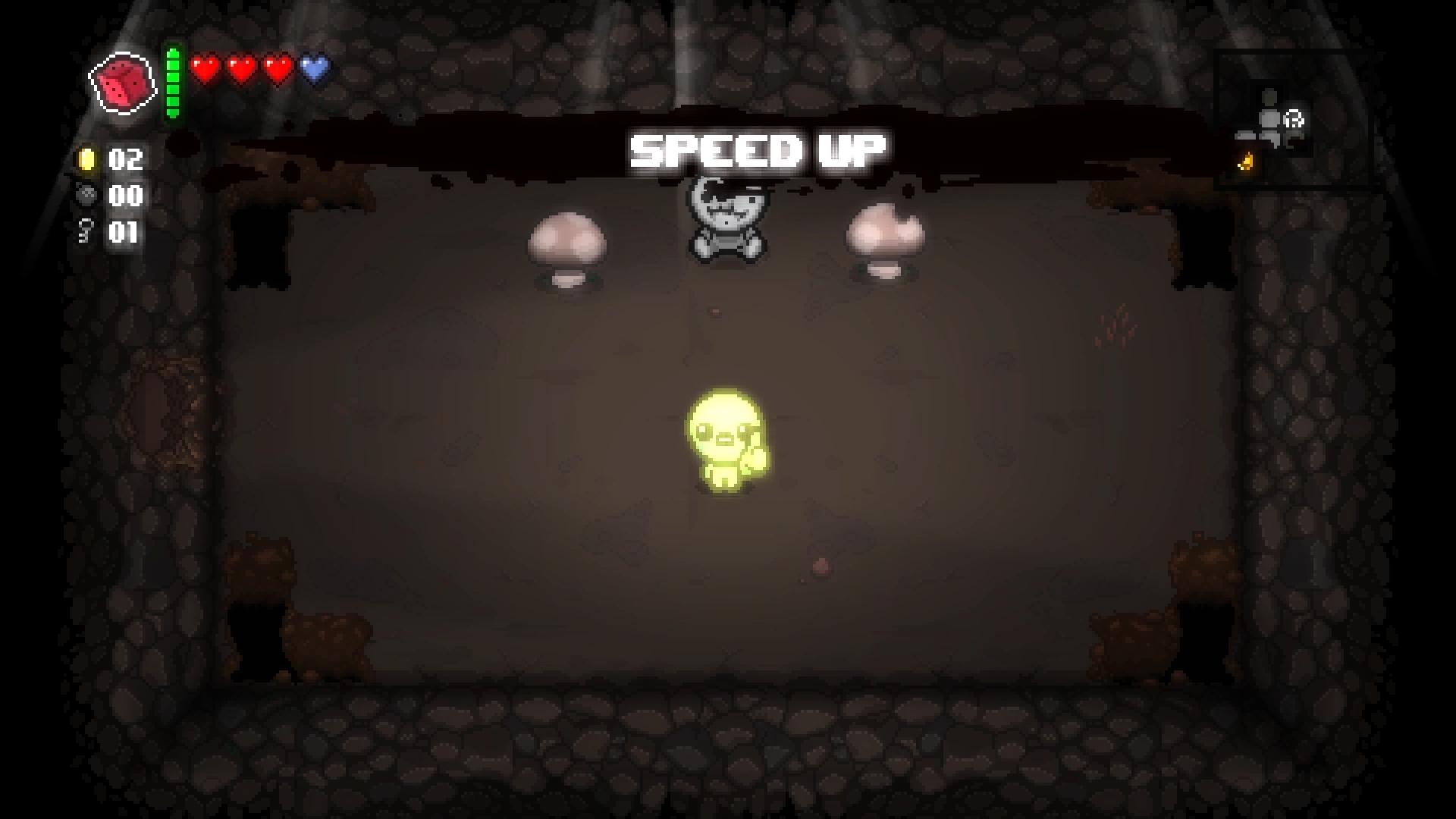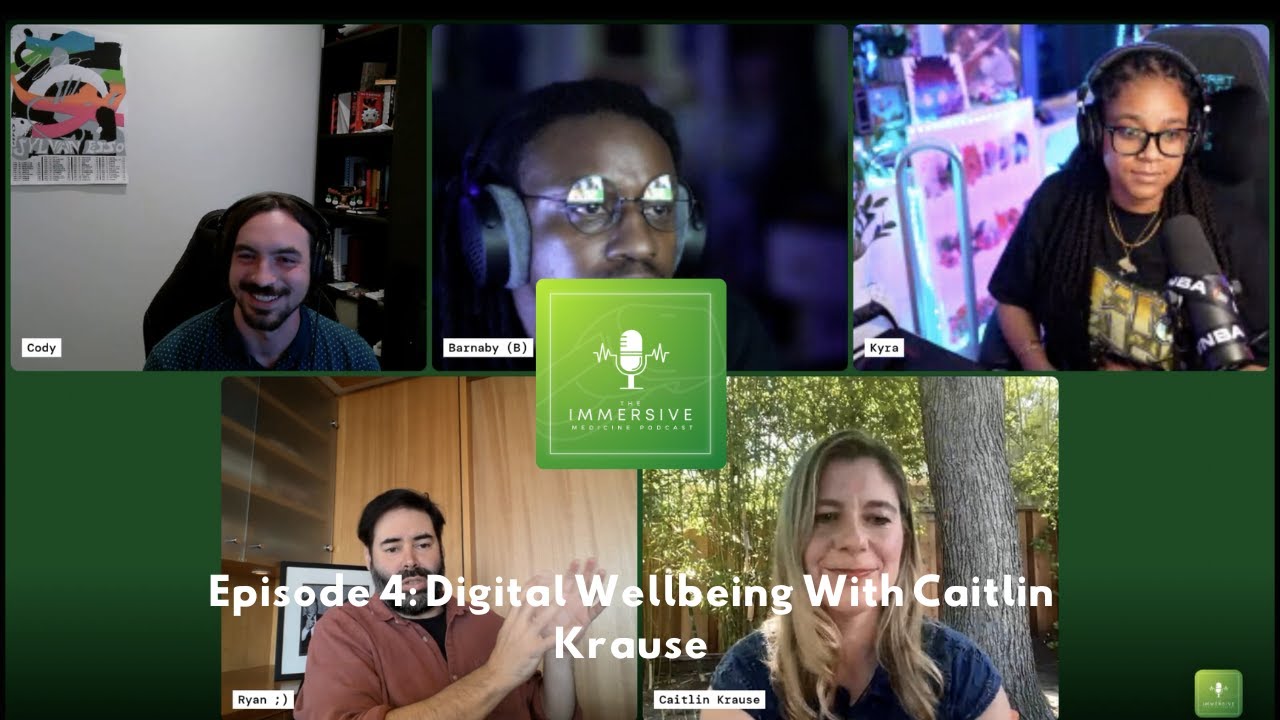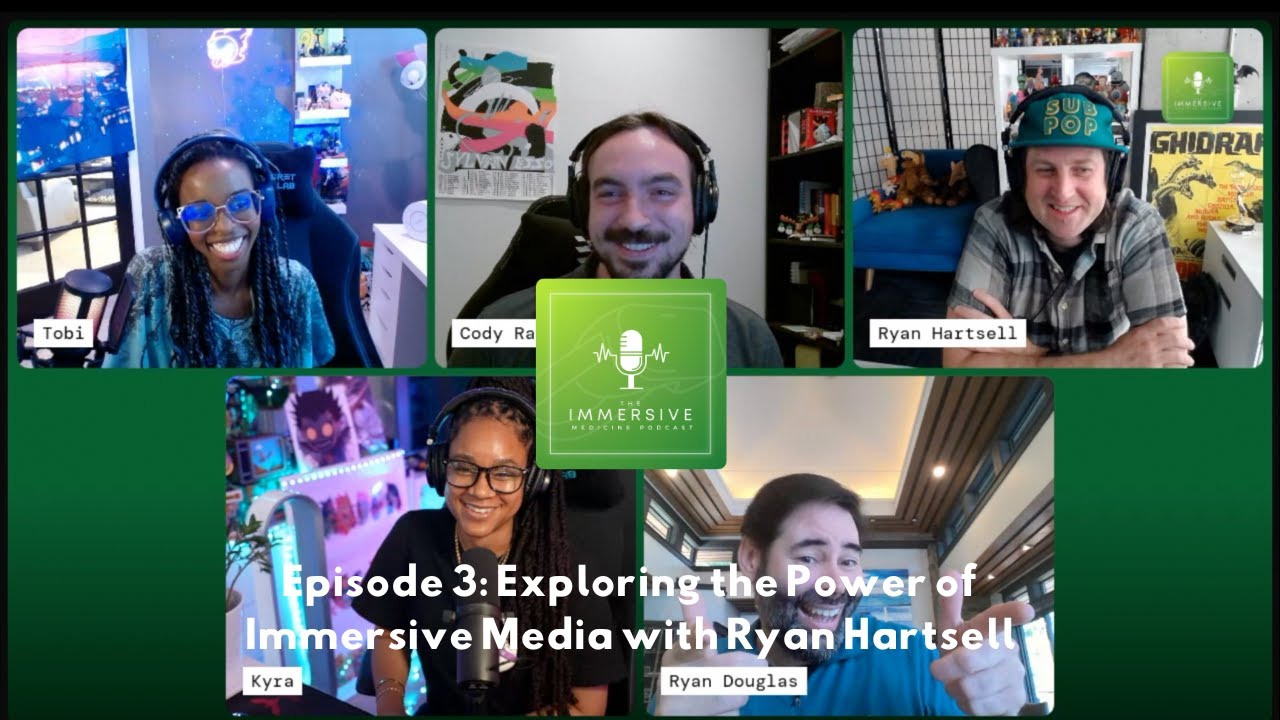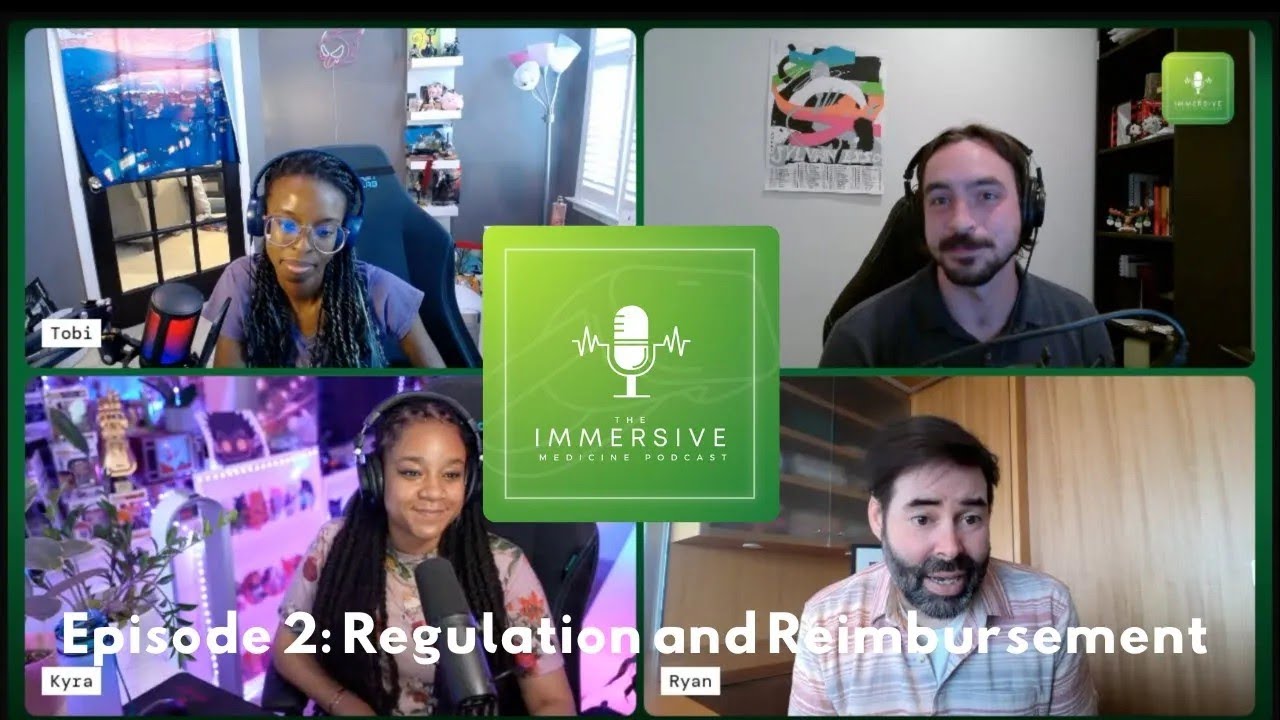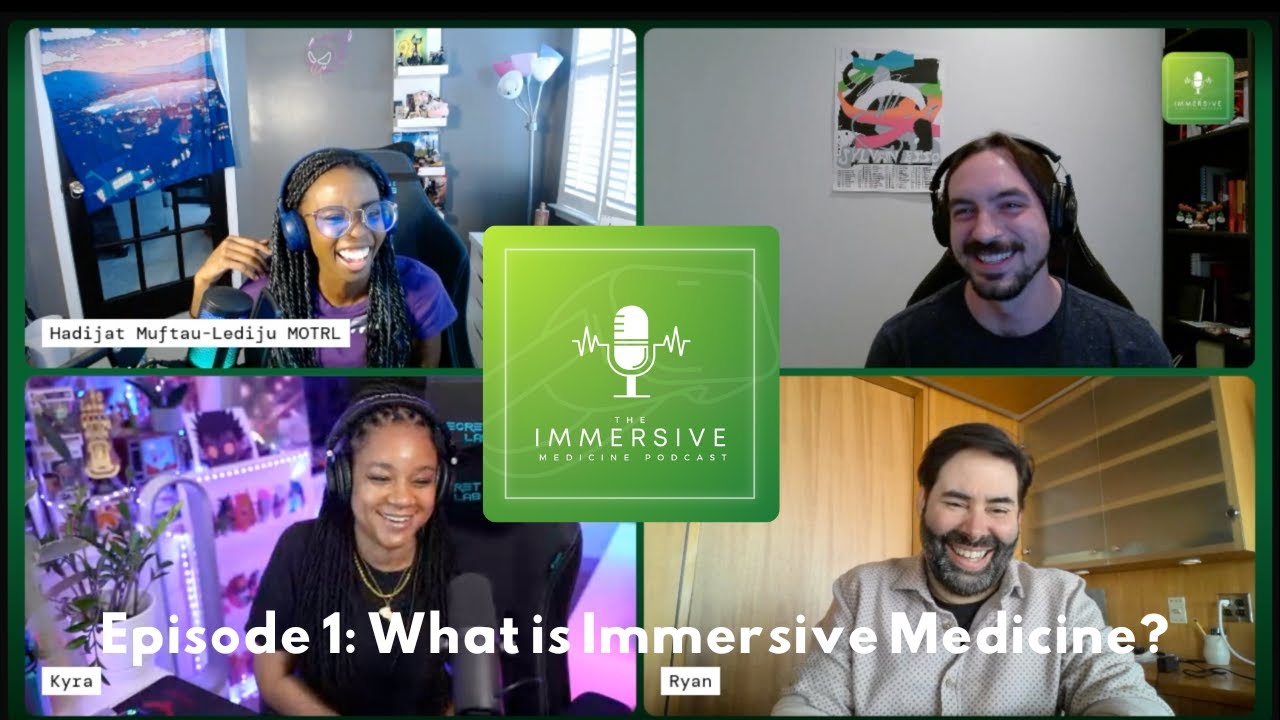Introduction
“The Legend of Zelda: The Wind Waker” has always been one of my favorite video games growing up, even though I never owned a copy and only played it at my friends’ houses. The soundtrack and art style have stuck with me after all these years, and playing the HD re-release was an extra treat. From the moment I started the game, I was immediately transported back in time by the title music and couldn’t help but hum along for a minute before starting a new game.
As I played, my music therapy brain couldn’t help but notice the amazing level of detail and intention behind the sound and music of the game. Every sound and musical cue has a purpose and provides complex information to the player while fitting naturally into the existing music and soundscape. In this article, I want to share my insights on how “The Wind Waker” masterfully uses music to enhance gameplay and how these techniques resonate with principles in music therapy.
—
The Intentionality of Sound and Music
One of the first things that struck me was how even the simplest sounds in the game carry significant meaning.
– Musical Cues for Currency: Picking up different colored rupees (the game’s currency) triggers different musical cues that become more musically rich as the worth of the rupee increases. This allows players to gauge how much a pile of rupees is worth without having to look at their wallet. It’s a seamless way of conveying information through sound.
– Combat Audio Feedback: The orchestral hits that play when you make a successful strike with your sword are another brilliant example. The musical cue moves up an ascending scale as you progress through a combination of strikes, with the final note aligning with the final strike of the combo. This intentional use of musical cues lets the player know how far into a combo they are and predict when the combo will end, all without having to keep track of themselves.

These subtle yet intentional musical elements allow for more efficient player performance. More attention can be spent on determining strategies to defeat enemies, solving puzzles, or navigating environments.
—
Interactive Music Through the Wind Waker Baton
One of the main gameplay features of “The Wind Waker” is the ability to control the wind, companions, time, and more by conducting with the Wind Waker baton.

– Active Participation: This mechanic turns music from a passive background element into an active part of gameplay. Players learn and perform specific musical sequences to affect the game world, engaging with the music on a deeper level.
– Cognitive Engagement: From a music therapy perspective, this active engagement stimulates cognitive functions like memory, coordination, and timing. It mirrors techniques we use in therapy to improve these areas in clients.
– Empowerment Through Music: Conducting the wind and influencing the game world reinforces the idea of music as a powerful tool for change—an idea central to music therapy. The player also gains additional abilities by learning new songs throughout the game which open up opportunities for exploration, empowering them as they grow confident in their mastery of the game world.
—
Emotional States and Memory
The soundtrack’s ability to evoke emotion is profound. From the safe and optimistic tune of Outset Island to the ominous and mysterious theme for Tower of the Gods, each island in the game shows its personality through its music and sets the stage for what the player will encounter.

– Transporting Through Time: The title music alone transported me back to my childhood sitting in my friend’s room cheering him on. This kind of emotional response is something we harness in music therapy to help clients connect with memories and feelings, especially in elder care.
– Mood Regulation: The game’s music shifts seamlessly to match the environment—calm melodies while sailing that darken as storms approach, tense rhythms during battles—which can influence the player’s emotional state and improve immersion.
Awakening the sage spirits in Medli and Makar by conducting the Earth and Wind God’s Arias reminded me of music therapy sessions where my client would begin to share stories when a favorite song from their past would play and memories of times past would come rushing back.
—
Parallel with Music Therapy Practices
The intentional use of music in “The Wind Waker” parallels many practices in music therapy. Empowering the player by using music to influence their environment, integrating the music with the visual and gameplay experience, and using sound localization to recover sunken treasure are just a few ways the game uses music to enhance the player experience.
– Information Through Sound: Just as the game uses musical cues to convey information, we use music to communicate and process information in therapy sessions to practice skills like conversation rules, impulse control, and attention. We also use music as a mnemonic device to help retain and recall new information faster.
– Enhancing Focus and Efficiency: The game’s music helps players focus on important tasks without unnecessary distractions. Similarly, we use music to help clients concentrate and engage more deeply in therapeutic activities by using music to motivate them towards reaching non-musical goals. An example from my clinical experience is using a drum set to work on improving range of motion and gradually increasing the distance between the drums/cymbals. This embeds a therapeutic exercise into a fun musical experience which leads to greater adherence and attention to the task.
—
Conclusion

“The Legend of Zelda: The Wind Waker” is more than just a game; it’s a symphony of intentional sound design and musical integration that enhances every aspect of the player experience. As a music therapist, I find it inspiring to see how these elements can be woven into interactive media to create meaningful and emotionally resonant experiences.
The game reminds us of the power of music—not just as entertainment but as a tool for communication, emotional expression, and cognitive engagement. It opens up exciting possibilities for how we might incorporate similar techniques into future games to maximize therapeutic outcomes.
—
Call to Action
Feel free to share your thoughts or experiences with game music in the comments below. How has it impacted you personally or professionally?
—
#MusicTherapy #TheWindWaker #VideoGameMusic #EmotionalWellbeing #TherapeuticMusic

